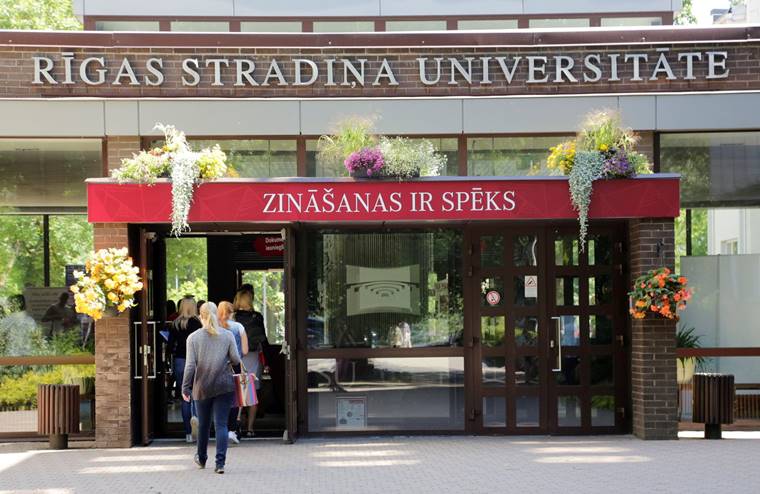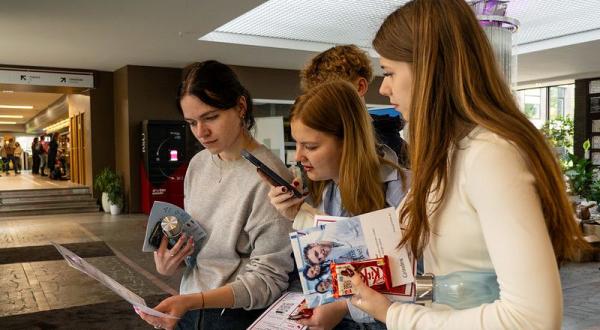92% Of RSU Graduates Successfully Enter the Labour Market
The average employment rate of graduates of higher education institutions in Latvia is 80%, and graduates’ income at the beginning of their careers is on average 30% higher than the average national salary according to newly published monitoring data from the Ministry of Education and Science (MES). The data shows that Rīga Stradiņš University (RSU) stands out with its high employment rates – 92% of graduates successfully enter the labour market.
‘The high employment rates of RSU graduates confirms our study programmes’ relevance to the needs of the labour market. We have clearly defined the knowledge, competences and skills that will be taught in each study programme. Both students and employers appreciate this,’ says RSU Rector Professor Aigars Pētersons.
Analysing employment by field, healthcare is traditionally highlighted. ‘Studying health-related subjects is not easy, but graduates will actually never be unemployed,’ Diāna Laipniece, Deputy Director of the Higher Education, Science and Innovations Department of the Ministry of Education and Science, said at a press conference.
This is the second year that the MES carries out this monitoring analysing not only graduates’ employment rates, but also their income and the most popular study programmes. The latest monitoring data was obtained in 2019 and compared to 2018 it shows that graduates’ average annual income is 30% higher than the national average in the year following graduation. Two years after graudation it is already 37% higher than the national average.
‘The high percentage RSU graduates who have found employment indicates that there should be a discussion on the distribution of scholarships for state-funded study programmes. State funding for scholarships should be redirected, considering the demand for certain programmes in the labour market and employment indicators,’ says Prof. Pētersons. The Rector points out that RSU has for years been successfully filling all scholarship places allocated by the state. Additionally, there are more than 10 applicants per scholarship in a number of programmes, which reflects the demand for RSU programmes. RSU requests that scholarship places be reallocated to study programmes such as law, international relations and communication science.
‘For more than 20 years, RSU has proven its quality in the social science field. The redistribution of scholarship places in these programmes is currently not implemented on the basis of quality, but rather to those who have received these in the past,’ emphasises the Rector.
The monitoring has come at a time when prospective students are actively evaluating what study programmes and universities to choose. ‘We are very pleased that yet another confirmation of how highly education at RSU is valued by employers at such a crucial time for prospective students,’ says Prof. Pētersons. The University’s close ties with the labour market is substantiated both by intensive internships and its well-developed network of clinical bases both in Riga, other parts of Latvia, as well as abroad. Simulation technologies are an important part of preparing prospective specialists for the labour market, something that RSU has invested in considerably. The simulation training process allows students to improve their skills in a safe way and is utilised by prospective doctors, healthcare professionals as well as future communications experts, lawyers, political scientists and entrepreneurs.





